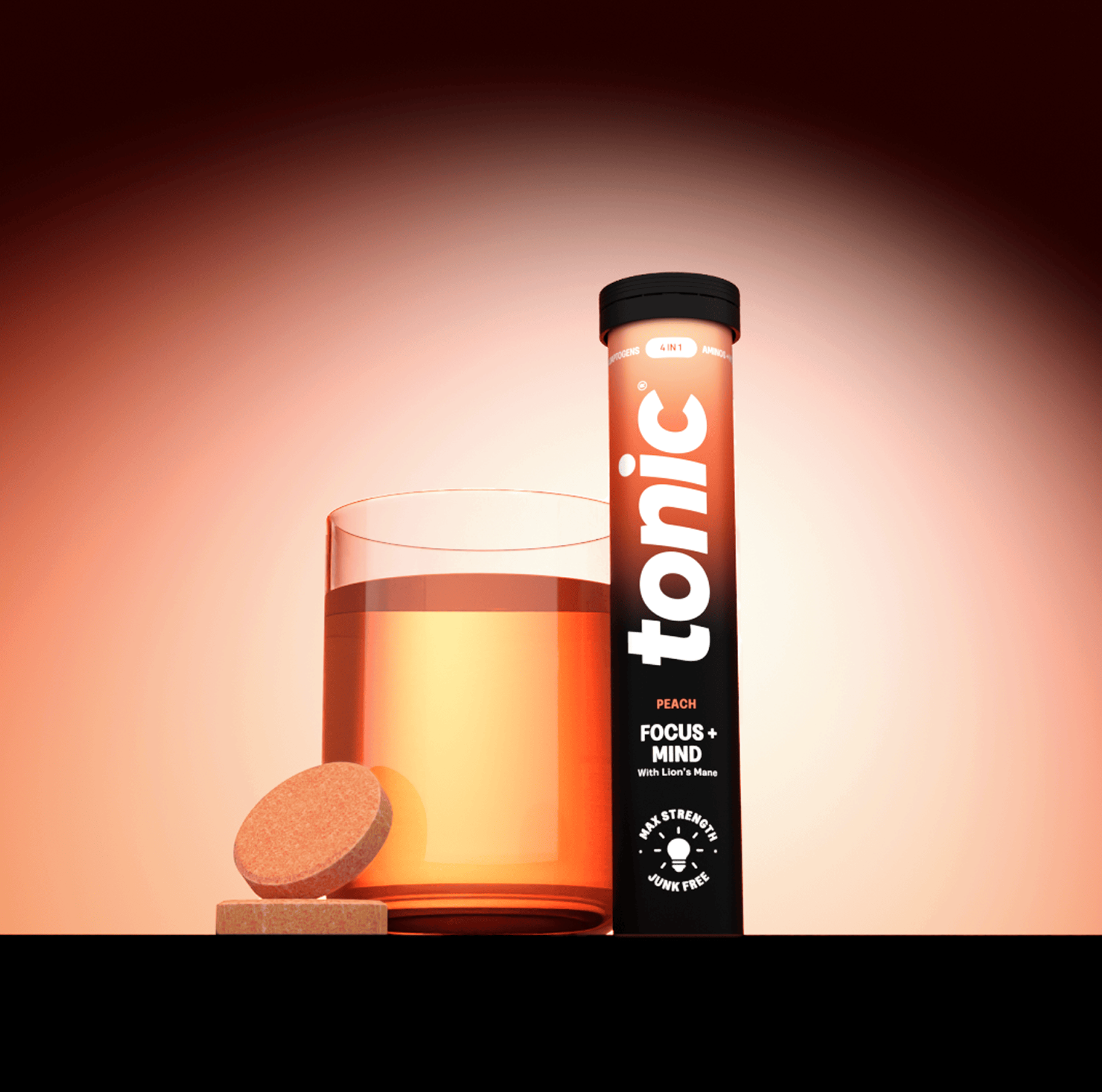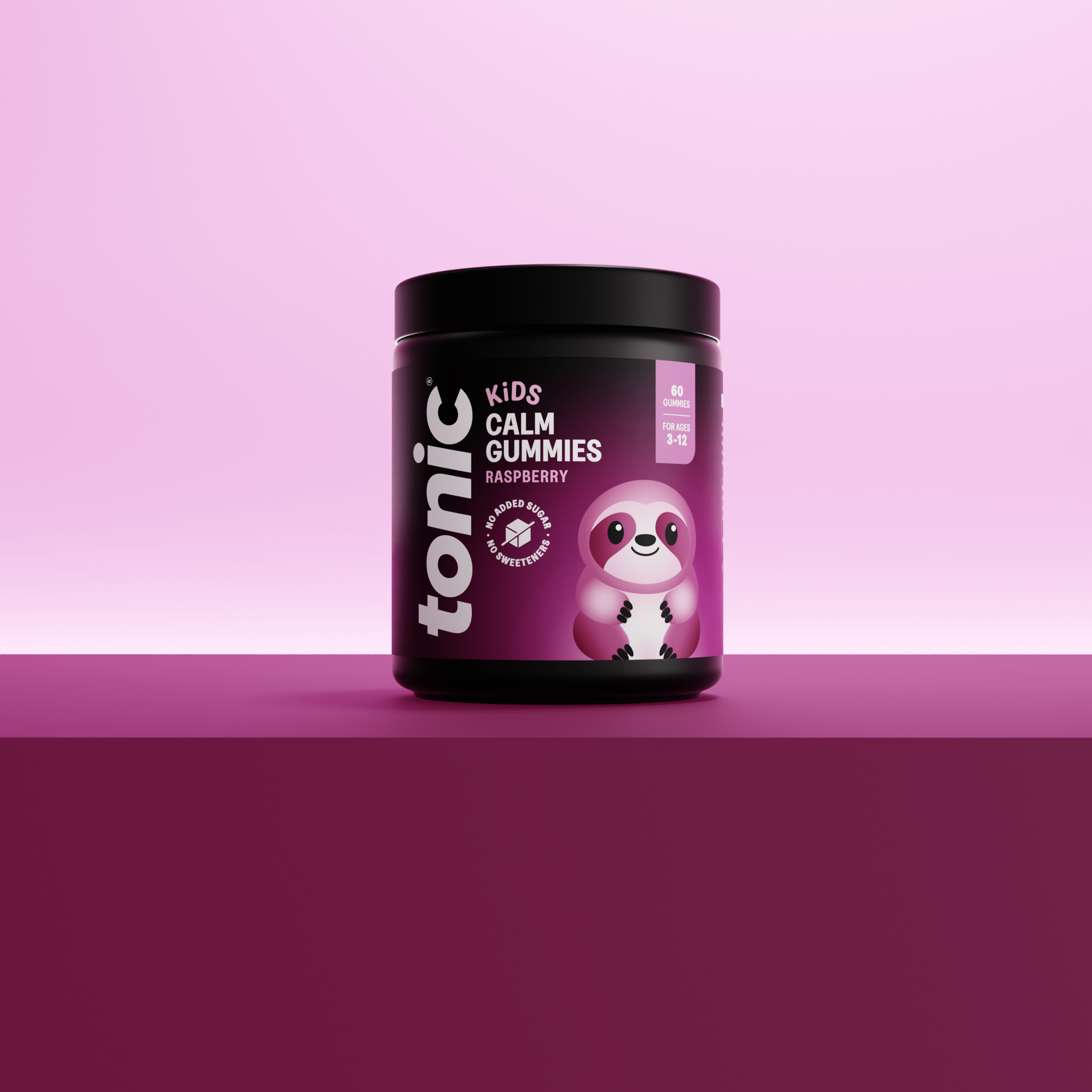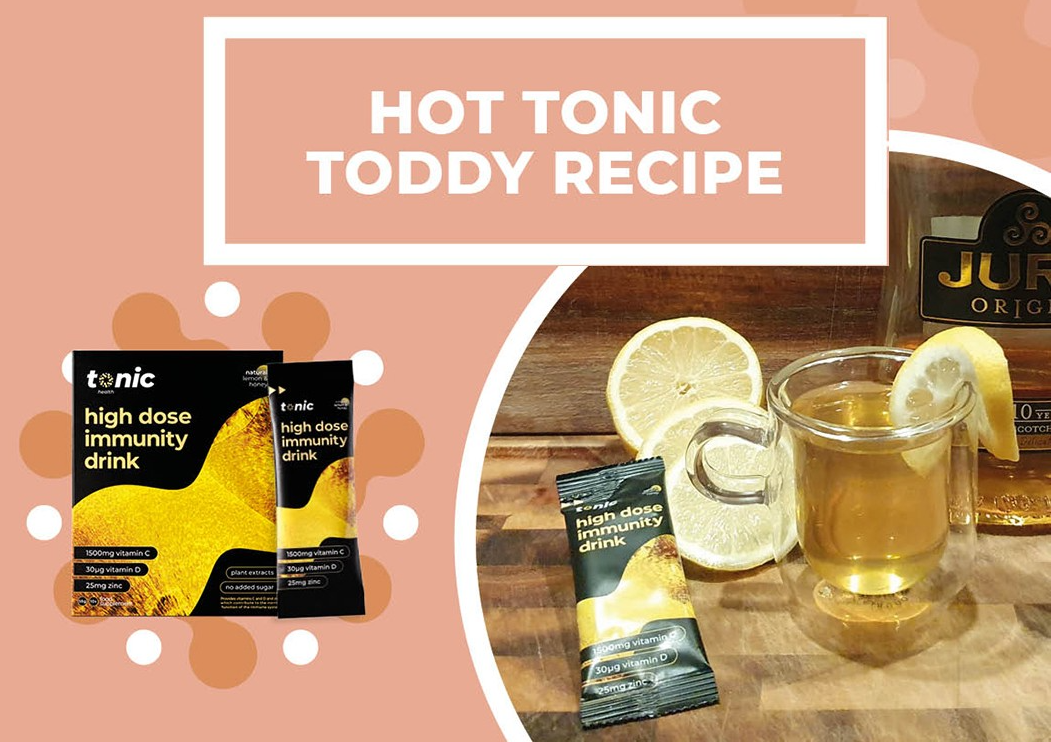Fermented foods have been among the most talked-about health food trends of recent years – and yet, the fermentation process has been popular for centuries.
Fermentation is a natural process, involving microorganisms like bacteria and yeast converting organic compounds – such as starch and sugar – into alcohol or acids. It is an ancient technique once commonly used to preserve food and drinks, long before the invention of refrigeration.
Even before the recent resurgence of interest in fermentation, it hadn’t exactly ‘gone away’. Indeed, fermentation has continued in use for the production of foods ranging from wine and cheese to yoghurt and sauerkraut. So, why is there so much fuss about it now?
A great source of ‘good bacteria’
The short answer to the above question is that research has linked the consumption of fermented foods to positive gut health. That’s understandable, because the fermentation process promotes the growth and life cycle of ‘good bacteria’ in these foods – also sometimes referred to as ‘friendly bacteria’ or ‘probiotics’.
Ensuring a healthy intake of ‘good bacteria’ has become an especially relevant priority in modern Western societies, where many people’s diets have become heavy on processed foods. It has been suggested that the overconsumption of processed foods may upset the balance of the gut microbiota, culminating in adverse gastrointestinal symptoms.
Eating a greater amount of traditional fermented foods, then, could help to restore balance and minimise your likelihood of developing chronic diseases – such as obesity and inflammatory bowel disease – associated with a less diverse gut microbiota.
What do we mean by ‘balance’?
Let’s put it this way: there are literally trillions of bacteria living in your intestines. Don’t worry – they’re supposed to be there, and make up what is known as your intestinal microbiome – the microbial community in your gut.
The bacteria living in your gut are essential to your health; they assist with processes such as digestion, the absorption and assimilation of nutrients, and immune system function. But there’s also both ‘good bacteria’ and ‘bad bacteria’ in your body, and it’s crucial to achieve a balance between the two.
And yes, you’ve guessed it – today’s Western diets with their high levels of refined sugar feed your ‘bad bacteria’ rather than your ‘good bacteria’. That could leave you with imbalanced gut flora – a state known as dysbiosis – for which probiotic-rich fermented foods may be useful for bringing your gut back into balance.
What’s the scientific case for consuming more fermented foods?
There are various fermented foods that you may choose to eat more of to support your gut health, including the likes of sauerkraut, kefir, kombucha, yoghurt and tempeh.
Studies down the years have pointed to a variety of potential health benefits from these probiotic-rich foods, including better digestive health, mental health and heart health, as well as – of course – enhanced support for your immune system.
Indeed, if you’re looking to take more iron, zinc and vitamin C for your immune system, you may be interested in knowing that many fermented foods contain high levels of all three.
Can I start fermenting foods at home?
Yes, you can, as long as you have appropriately sterilised jars, along with vegetables, muslin and baking parchment. You can sterilise glass jars that you already have lying around the house by heating your oven to 180 C / 160 C fan / gas 4, before thoroughly washing the jars in soapy water, drying them and placing them on a shelf in the oven for 15 minutes, before removing with oven gloves. Leave them to cool, and you’ll then be able to use them.
The BBC Good Food site has some simple recipes for making kimchi and sauerkraut, while the Friends of the Earth site offers further recipes for the likes of ginger carrots, pineapple tepache and pickled radishes, among the many others to be found online.
Why not try a few of them today, and discover some new favourites in the process?
Other sources:
https://www.bbcgoodfood.com/howto/guide/health-benefits-offermenting
https://www.bbcgoodfood.com/howto/guide/beginners-guide-fermented-foods







Leave a comment
All comments are moderated before being published.
This site is protected by hCaptcha and the hCaptcha Privacy Policy and Terms of Service apply.